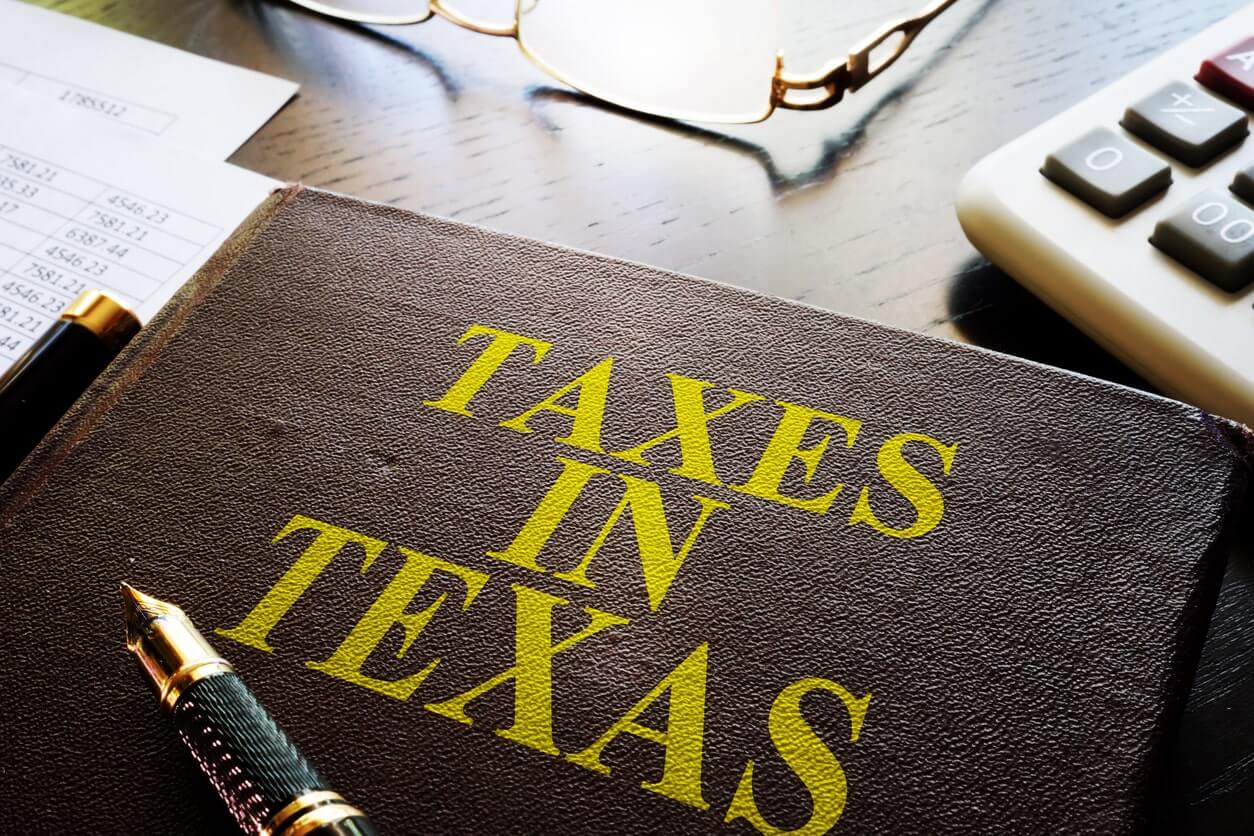What Are the Tax Responsibilities for Businesses in Texas?
Texas is known nationwide for its business-friendly tax environment. With no personal income tax and no corporate income tax, the Lone Star State offers a major financial advantage. But that does not mean business owners can ignore tax requirements entirely. If you are starting, growing, or relocating a business in Texas, you still have several important state and local taxes to understand.
This guide outlines the tax responsibilities applicable to businesses in Texas, taking into account their size, structure, and industry. You will also learn when to file, what documents to prepare, and how to manage taxes efficiently.
Why Businesses Choose Texas
Texas continues to lead the nation in job creation, GDP growth, and business relocation for good reason. A major part of the draw is the tax structure. Compared to high-tax states like California, Texas keeps overhead low and compliance simple.
Businesses benefit from:
- No state income tax for individuals or corporations
- Predictable rules and centralized filing through the Texas Comptroller
- A broad range of Texas business incentives
- Clear guidelines across industries and business types
Let’s explore the main taxes Texas businesses need to plan for.
1. Texas Franchise Tax
The Texas franchise tax is not a traditional income tax. It is a tax on the margin, or net revenue, of certain businesses operating in the state. In other words, it applies to your business’s total income after subtracting allowable expenses.
Who pays this tax?
- Corporations, limited liability companies (LLCs), and partnerships
- Professional associations and some nonprofit organizations
- Sole proprietorships and most general partnerships owned by individuals are exempt
Current rules for 2025:
- The tax rate is 0.75 percent for most businesses
- Retail and wholesale businesses pay 0.375 percent
- If your total revenue is less than $2.47 million, no tax is due
- However, even if no tax is owed, you must still file required reports
Note: As of 2024, Texas no longer accepts the separate “No Tax Due” report. All businesses must now file the standard Public Information Report or Ownership Information Report.
Filing deadline:
May 15 each year
File online through the Texas Webfile system
Calculation methods:
Businesses earning less than $20 million can choose the simplified “EZ computation” method, which uses a lower rate but limits deductions. Others must calculate their margin using one of several formulas. Most choose to deduct the cost of goods sold or employee compensation.
Late filing consequences:
- A $50 fine, even if no tax is owed
- Potential forfeiture of the legal right to do business in Texas if reports are not submitted
2. Texas Sales and Use Tax
Texas charges a state sales tax on many goods and services. If your business sells taxable items, you must collect sales tax from your customers and send it to the state.
Who needs to register and collect sales tax?
- Retailers and e-commerce sellers
- Restaurants, bars, salons, and other service providers
- Software and consulting businesses, depending on what is sold
Sales tax rates:
- 6.25 percent is the statewide base rate
- Local governments can add up to 2 percent more
- The maximum total rate is 8.25 percent
Use tax explained:
If your business buys taxable goods from outside Texas and uses them in the state without paying sales tax, you owe the equivalent amount as a “use tax.”
Filing frequency:
- Monthly if your tax liability is more than $500 per month
- Quarterly if between $100 and $500 per quarter
- Annually if less than $1,000 per year
File using the Comptroller’s sales tax portal
3. Property Tax on Business Personal Property
Unlike some states, Texas does not levy property tax at the state level. Instead, local governments assess tax on personal property used in business operations.
What counts as taxable personal property?
- Computers and electronics
- Machinery and tools
- Furniture and fixtures
- Business inventory
Who needs to file?
Any business that owns property used to generate income must file an annual “rendition” with its local appraisal district.
Deadline:
April 15 each year
Contact your county appraisal district for specific forms and instructions
Tip: Maintain a list of all business assets, their purchase prices, and acquisition dates. Track depreciation and equipment sales.
4. Additional Industry-Specific Taxes
Certain sectors must follow additional tax rules. These taxes often have their own forms and deadlines.
| Industry | Common Additional Taxes |
| Hospitality | Hotel occupancy tax |
| Energy | Oil and gas production tax |
| Transportation | Motor fuels tax |
| Alcohol | Mixed beverage gross receipts tax |
| Insurance | Premium tax |
Visit the Comptroller’s website for full details by industry.
What If You Operate in Multiple States?
If your business is based elsewhere but conducts sales or operations in Texas, you may have “nexus,” which means you must file taxes in the state. You may also need to divide revenue between Texas and other states using apportionment rules. Consult a Texas-based tax advisor to stay compliant if this applies to you.
Other Tax Requirements to Know
Even though there is no state income tax in Texas, you still must handle:
- Federal employment taxes including Medicare, Social Security, and federal income tax withholding
- Texas unemployment tax if you have employees
- New hire reporting within 20 days of hiring or rehiring an employee
Refer to the IRS business tax center and Texas Workforce Commission for details.
Tips to Stay Compliant and Organized
Keep finances separate
Use a dedicated business bank account and credit card to avoid mixing personal and business expenses.
Use accounting software
Tools like QuickBooks, Xero, and FreshBooks help automate reports and make tax filing easier.
Create a tax calendar
Track all due dates including franchise tax (May 15), property rendition (April 15), and sales tax returns (monthly, quarterly, or annually).
File even when no tax is due
Filing is still required. Missing a zero-return filing can affect your status with the state.
Save all documentation
Maintain records of receipts, sales, payroll, depreciation schedules, and exemption certificates for at least four years.
Know what incentives are available
Businesses in Texas may qualify for tax credits or exemptions based on job creation, capital investment, or location. Review Texas business incentives to see what applies to you.
Stay Up to Date on Tax Law Changes
Texas updates its tax rules frequently. To stay informed about what has changed or what may affect your business, check out our 89th Regular Legislative Session recap.
Final Takeaway: Know What Applies to You
Texas offers one of the most competitive tax climates in the nation, but all businesses have responsibilities to manage. Whether you are a startup, a growing manufacturer, or a company relocating to Texas, the smartest approach is to stay informed and get organized early.
If you are or expanding your presence, our team at the Texas Economic Development Corporation can help connect you to the right people, programs, and incentives.
We are here to help you thrive in Texas.




